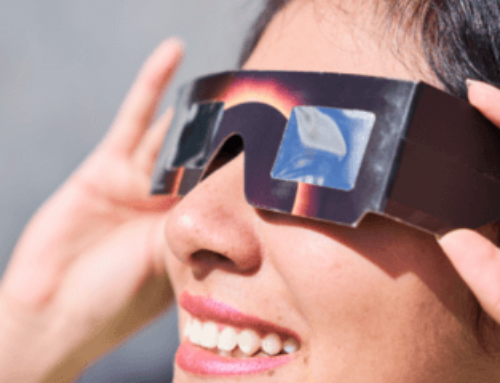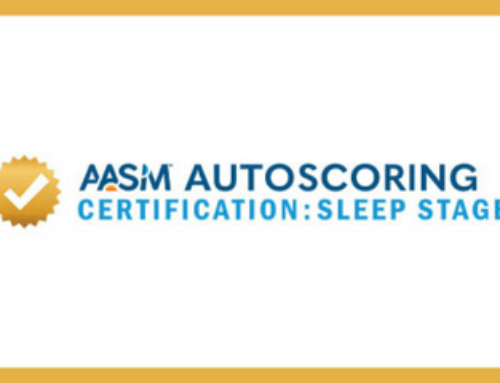FOR IMMEDIATE RELEASE
CONTACT: Lynn Celmer, 630-737-9700, ext. 9364, lcelmer@aasm.org
DARIEN, IL – A new position paper published by the American Academy of Sleep Medicine supports telemedicine as a means of advancing patient health by improving access to the expertise of board-certified sleep medicine specialists.
Developed by the AASM Task Force on Sleep Telemedicine and approved by the AASM board of directors, the paper presents recommendations for sleep specialists to consider when integrating sleep telemedicine into their practice. It also provides an overview of the salient issues involved, including clinical considerations, quality assurance, and ethical and legal considerations.
“The integration of telemedicine in sleep medicine practices across the country is an important step forward to improve patient access to high quality sleep health care,” said AASM President Dr. Nathaniel Watson. “Widespread access to the expertise of sleep specialists is desperately needed throughout the U.S., where an estimated 70 million Americans suffer from sleep problems.”
The position paper, which is published in the Oct. 15 issue of the Journal of Clinical Sleep Medicine, outlines several recommendations for the implementation of telemedicine by sleep specialists, including:
- Clinical care standards for telemedicine services should mirror those of live office visits.
- Clinical judgment should be exercised when determining the scope and extent of telemedicine applications in the diagnosis and treatment of specific patients and sleep disorders.
- Appropriate technical standards should be upheld throughout the telemedicine care delivery process and specifically meet the standards set forth by the Health Insurance Portability and Accountability Act (HIPAA).
- Quality assurance processes should be in place for telemedicine care delivery models that aim to capture process measures, patient outcomes, and the experiences of both patients and providers.
The position paper also supports fair reimbursement for telemedicine services, stating that live, interactive telemedicine visits for sleep disorders should be recognized and reimbursed in a manner competitive or comparable with traditional in-person visits.
“The American Academy of Sleep Medicine has been the leader in sleep medicine for the past 40 years,” said Watson. “We recognize that embracing telemedicine will help us achieve our mission to improve sleep health and promote high quality, patient-centered care.”
The position paper also notes that additional research is needed to evaluate the impact and outcomes of telemedicine applications in sleep medicine.
Download the position paper: The American Academy of Sleep Medicine (AASM) Position Paper for the Use of Telemedicine for the Diagnosis and Treatment of Sleep Disorders
To arrange an interview with an AASM spokesperson, please contact Communications Coordinator Lynn Celmer at 630-737-9700, ext. 9364, or lcelmer@aasm.org.
About the American Academy of Sleep Medicine
Established in 1975, the American Academy of Sleep Medicine (AASM) improves sleep health and promotes high quality patient centered care through advocacy, education, strategic research, and practice standards. The AASM has a combined membership of 11,000 accredited member sleep centers and individual members, including physicians, scientists and other health care professionals. For more information about sleep and sleep disorders, including a directory of AASM accredited member sleep centers, visit www.sleepeducation.org.








